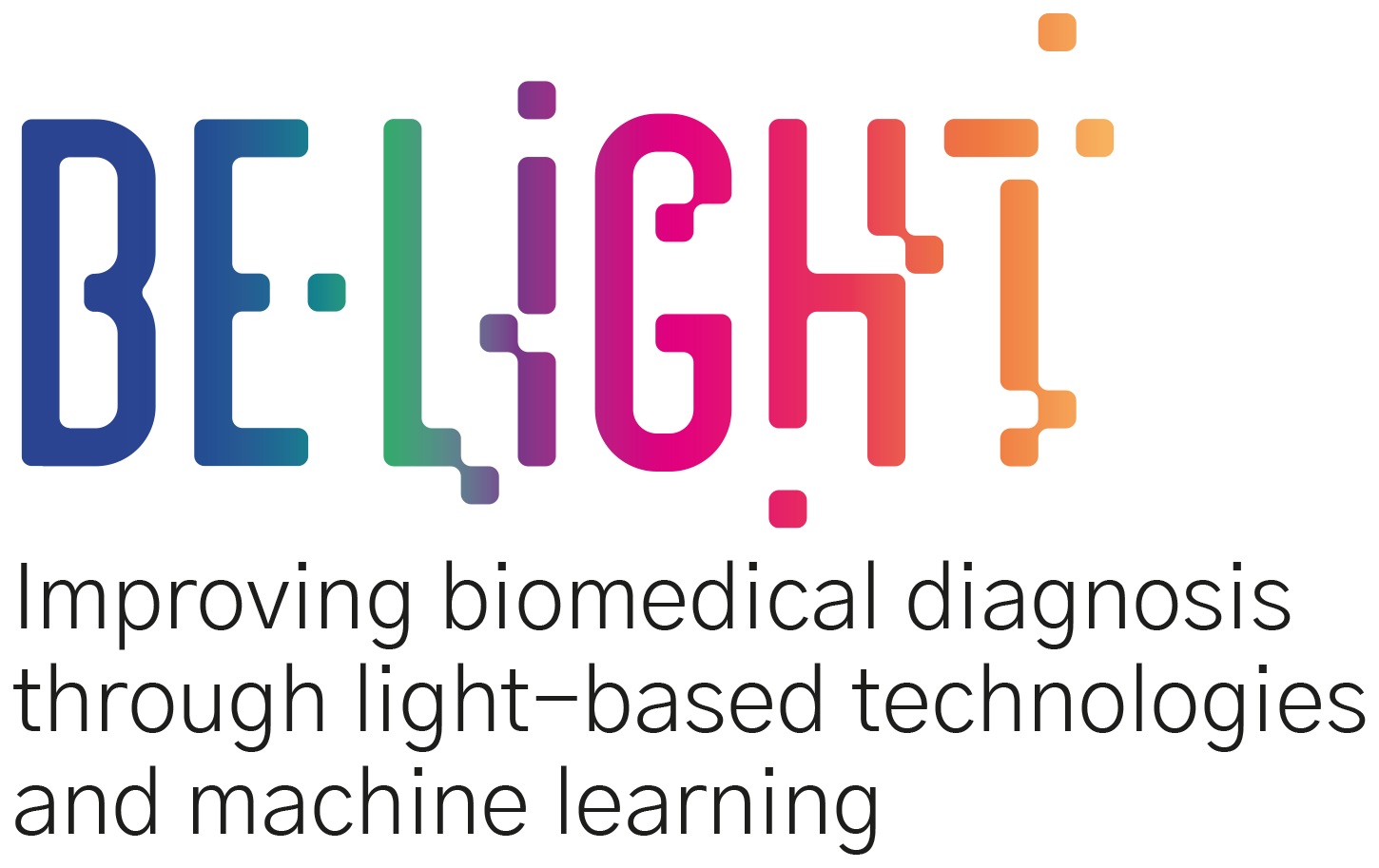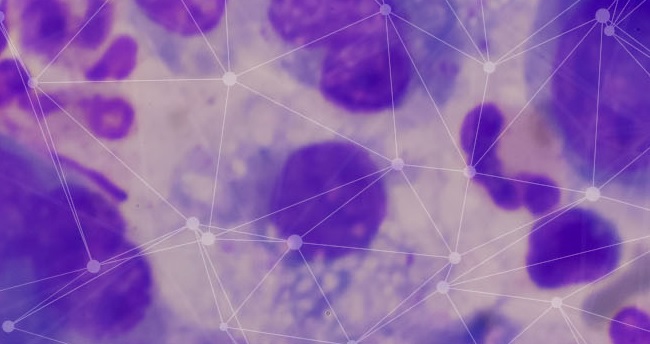Centre for Sensors, Instruments and Systems Development
Universitat Politècnica de Catalunya
Shaping light to your needs




News
11/17/2023
back
New tools in photonics and artificial intelligence for the diagnosis of ocular, cardiovascular, and neurodegenerative diseases
The Center for Sensors, Instruments, and Systems Development (CD6) at the Universitat Politècnica de Catalunya (UPC) leads a European project aimed at improving medical diagnosis through light-based technologies and artificial intelligence. The project, named BE-LIGHT, is funded with 2.5 million euros from the European Union's Horizon Europe program, under the Marie Sklodowska Curie actions (Doctoral Networks), and will provide top level training to 11 researchers in these technologies.The project involves 7 academic institutions (Max Planck Institute, Zurich University, Göttingen University, Nicolaus Copernicus University, Gdansk University of Technology, Sorbonne University, Universitat Politècnica de Catalunya) and 3 hospitals (Institut de Microcirurgia Ocular, University Medical Göttingen, Hospital Sant Joan de Déu) of international renown, as well as seven companies, from Germany, France, Poland, Switzerland, and Spain.
The newly developed tools will, for example, enhance understanding of the functioning of the retina and the exchange of information between neurons through the use of neural networks and optogenetic techniques. Additionally, the evaluation of ocular movement patterns with artificial intelligence will provide new diagnostic methods for oculomotor and neurological disorders, such as Alzheimer's disease and persistent COVID.
The project's research will also facilitate the development of new clinical instruments capable of obtaining images of ocular structures or blood vessels through optical and optoacoustic tomography, aiding in the early, non-invasive detection of arteriosclerosis plaques, among other applications. Furthermore, new machine learning tools will be implemented for the treatment and control of cardiac arrhythmias with light, potentially replacing current techniques based on electrical impulses. Artificial intelligence will also be used in combination with super-resolution microscopy techniques to obtain images of biological structures less than one nanometer in size, such as proteins related to Parkinson's disease and other rare diseases, thus improving diagnosis.
More information at:
Web: https://belightproject.eu/
Social networks:
https://twitter.com/belightproject
https://www.instagram.com/belight.project/
https://www.linkedin.com/company/belightproject
Grant agreement: 101119924
Extranet
CD6 Centre for Sensors, Instruments and Systems Development
Rambla de Sant Nebridi, 10 · 08222 · Terrassa (Barcelona)
Rambla de Sant Nebridi, 10 · 08222 · Terrassa (Barcelona)



